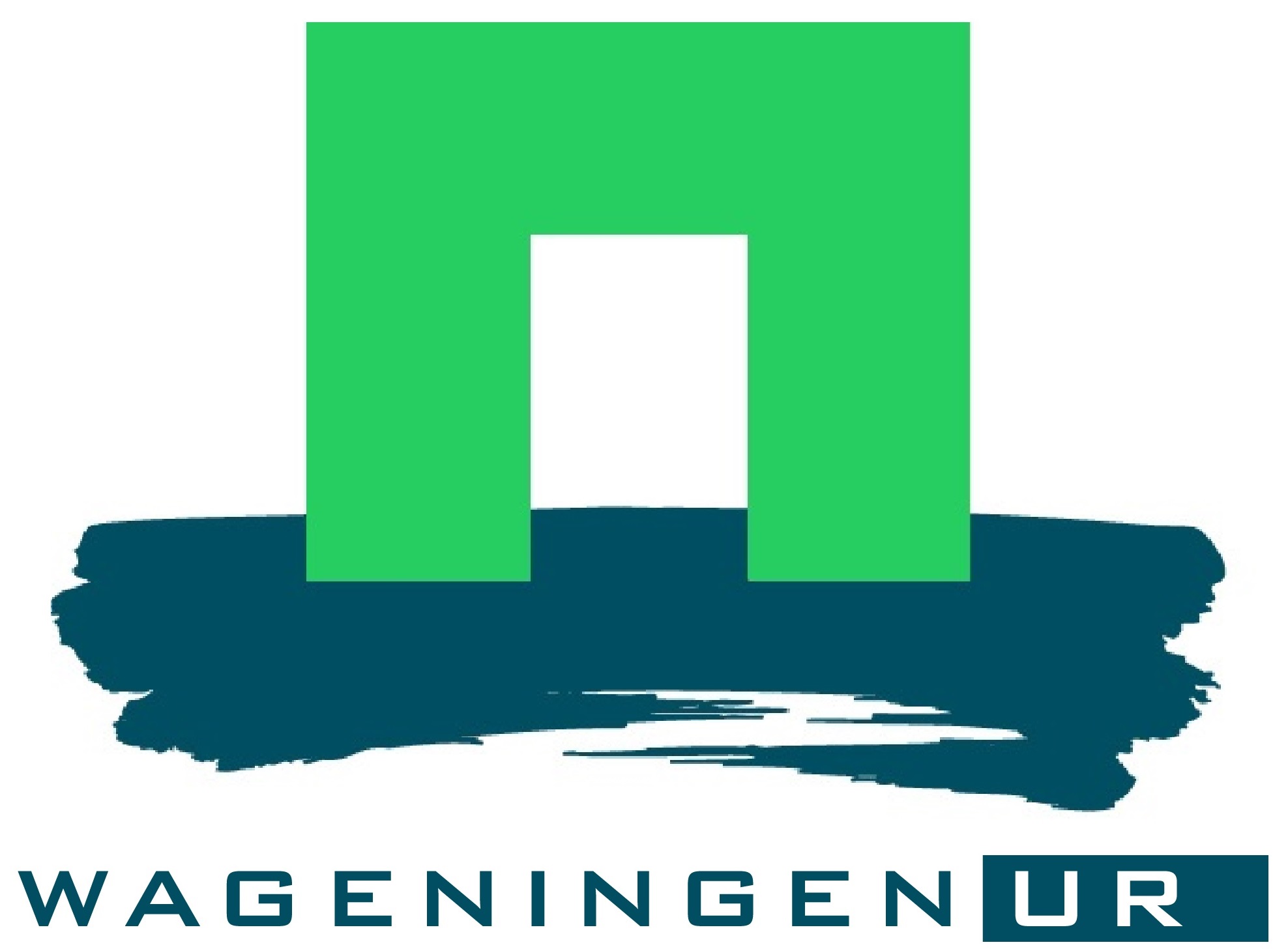Location
6700 HB Wageningen
Wageningen University & Research is a collaboration between Wageningen University and the Wageningen Research foundation.
That is the mission of Wageningen University & Research. A staff of 6,500 and 10,000 students from over 100 countries work everywhere around the world in the domain of healthy food and living environment for governments and the business community-at-large.
The strength of Wageningen University & Research lies in its ability to join the forces of specialised research institutes and the university. It also lies in the combined efforts of the various fields of natural and social sciences. This union of expertise leads to scientific breakthroughs that can quickly be put into practice and be incorporated into education. This is the Wageningen Approach.
The scientific quality of Wageningen University & Research is affirmed by the prominent position we occupy in international rankings and citation indexes.
The domain of Wageningen University & Research consists of three related core areas:
- Food and food production
- Living environment
- Health, lifestyle and livelihood
Wageningen University & Research has branches all over The Netherlands and abroad. A large number of lecturers, researchers and other employees are based at Wageningen Campus.
Members:
Resources
Displaying 31 - 35 of 210The malleability and unpredictability of regional transitions: a systematic approach for reflection and learning
The ‘region’ has increasingly become an entry point for inducing a transition towards sustainable food provision, environmental quality for living and recreation, and/or economic competitiveness. Regional projects and strategies have assembled politicians, entrepreneurs, civil society organisations, and researchers in joint endeavours, with ambitious names such as Food Valley, Energy Valley, Health Valley, or Greenports. This report labels such endeavours as ‘regional transitions’.
Nadere analyse vrijkomende agrarische bebouwing Gelderland
Nadere uitwerking van aard en omvang vrijkomende agrarische bebouwing 2012-2030 in de provincie Gelderland. De onderzoeksresultaten zijn op verschillende manier ruimtelijk gedifferentieerd en is de aard (bouwjaar en bedrijfstype) nader geanalyseerd. Tevens is een inschatting van de te verwachten leegstand, de te verwachten oppervlakte schuren met asbest en de te verwachten sloopopgave in beeld gebracht.
Natuurlijk Kapitaal Nederland pilots Waterveiligheid : ecosysteemdiensten in de praktijk van het Deltaprogramma
Doel van dit project is om aan de hand van twee pilots te bepalen wat de mogelijke economische en ecologische meerwaarde is van natuurinclusieve oplossingen voor waterveiligheidsopgaven uit het Deltaprogramma. Daarnaast is het doel om te toetsen of en hoe die meerwaarde een rol speelt in de praktijk van het keuzeproces. Voor de pilot in het Rivierengebied is gekozen voor nadere uitwerking van ecosysteemdiensten en natuurwaarden bij enkele alternatieven voor een hoogwatergeul langs de Waal bij Varik – Heesselt.
Evaluation of effects of agri-environmental measures on rangeland degradation in two less favoured areas in Portugal
Evaluation of effects of agri-environmental measures on rangeland degradation in two less-favoured areas in Portugal
Nadia Manuela Jones
Spatial modelling and ecosystem accounting for land use planning: addressing deforestation and oil palm expansion in Central Kalimantan, Indonesia
Ecosystem accounting is a new area of environmental economic accounting that aims to measure ecosystem services in a way that is in line with national accounts. The key characteristics of ecosystem accounting include the extension of the valuation boundary of the System of National Accounts, allowing the inclusion of a broader set of ecosystem services types such regulating services and cultural services. Consistent with the principles of national account, ecosystem accounting focuses on assessment of the contribution of ecosystem in generating benefits for human well-being.




